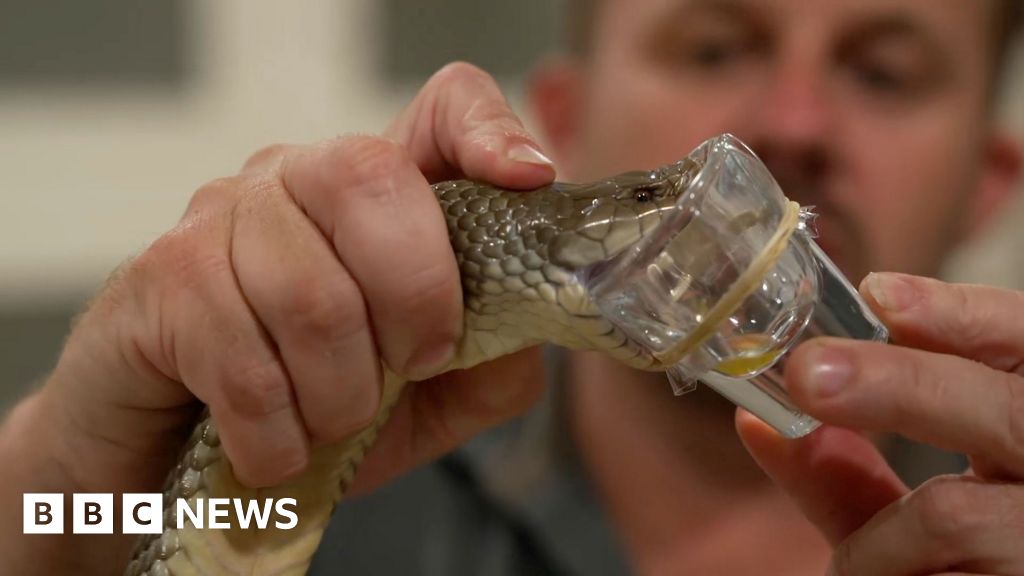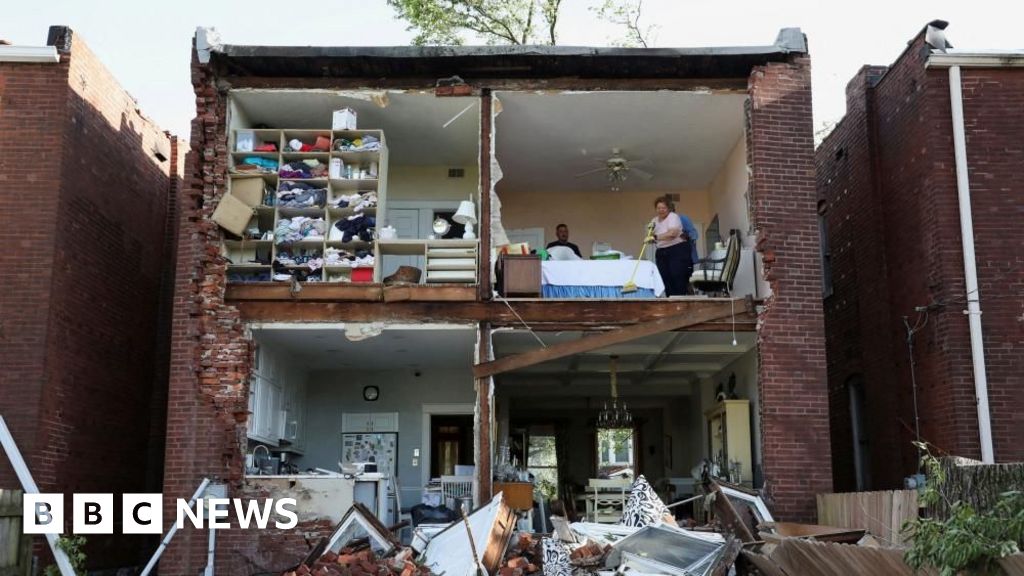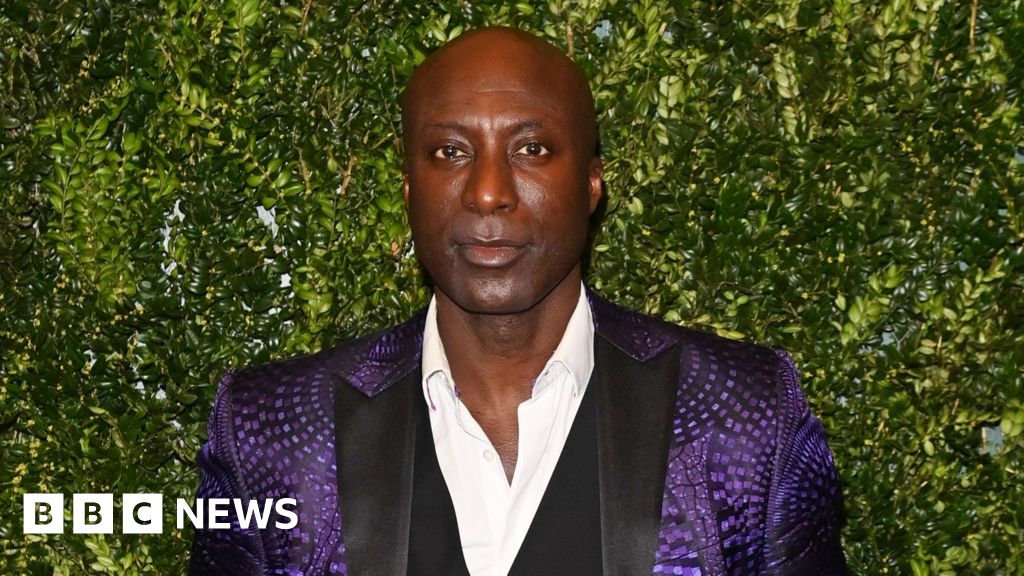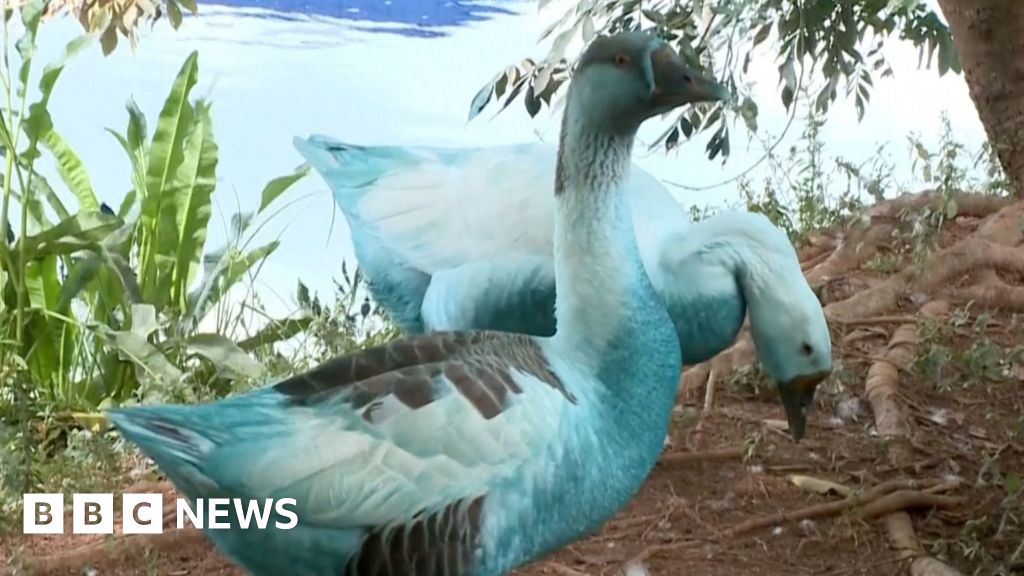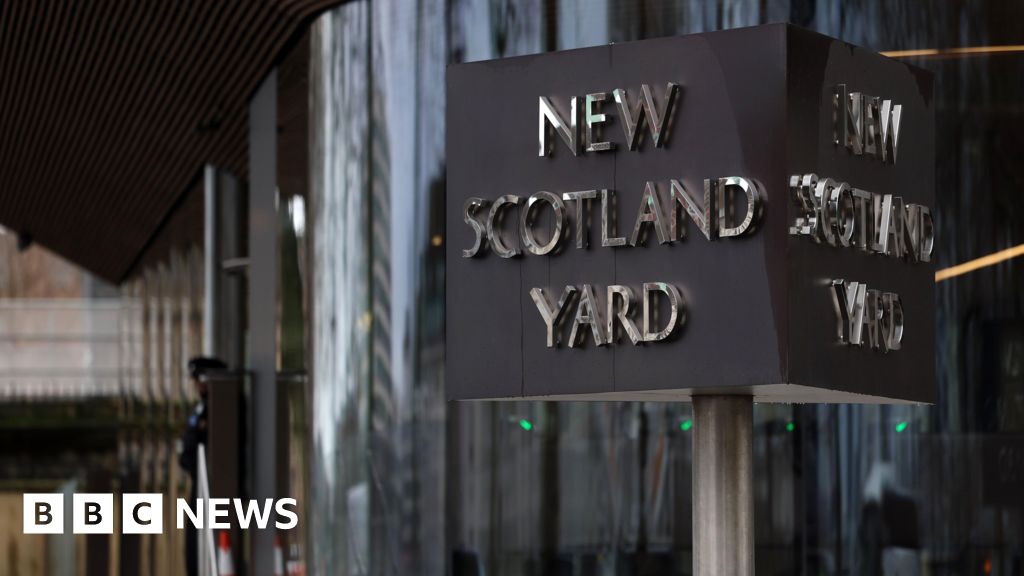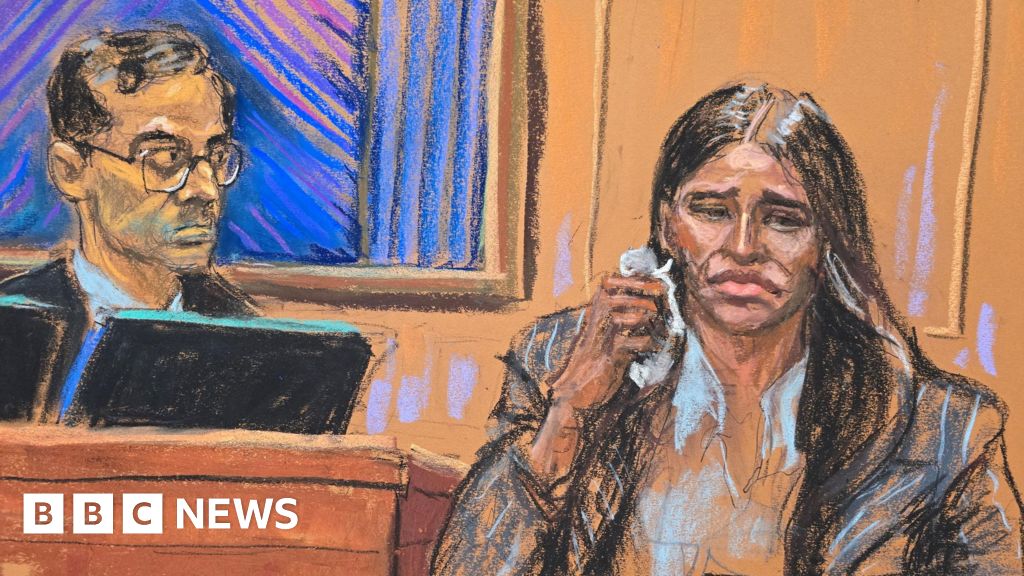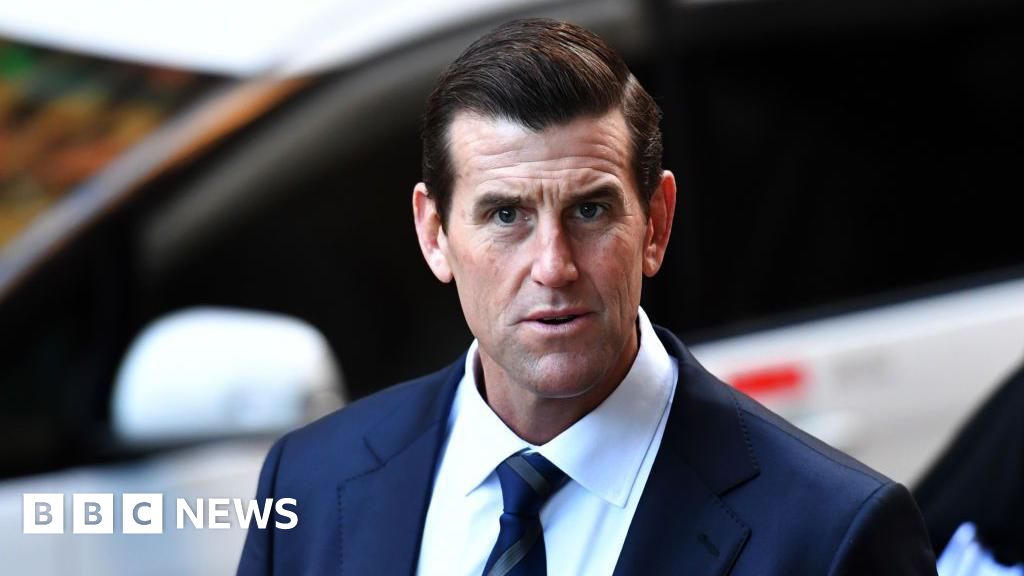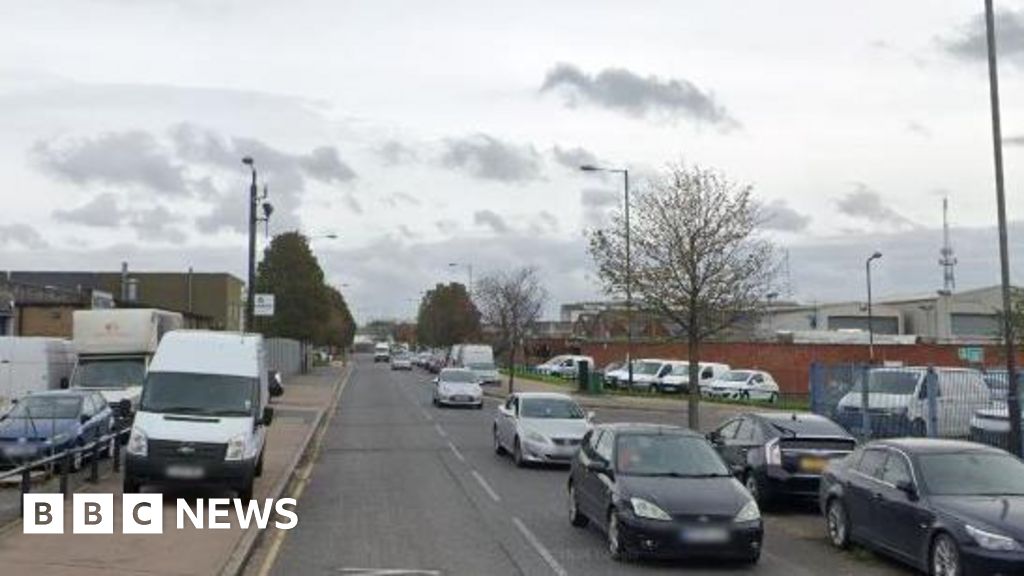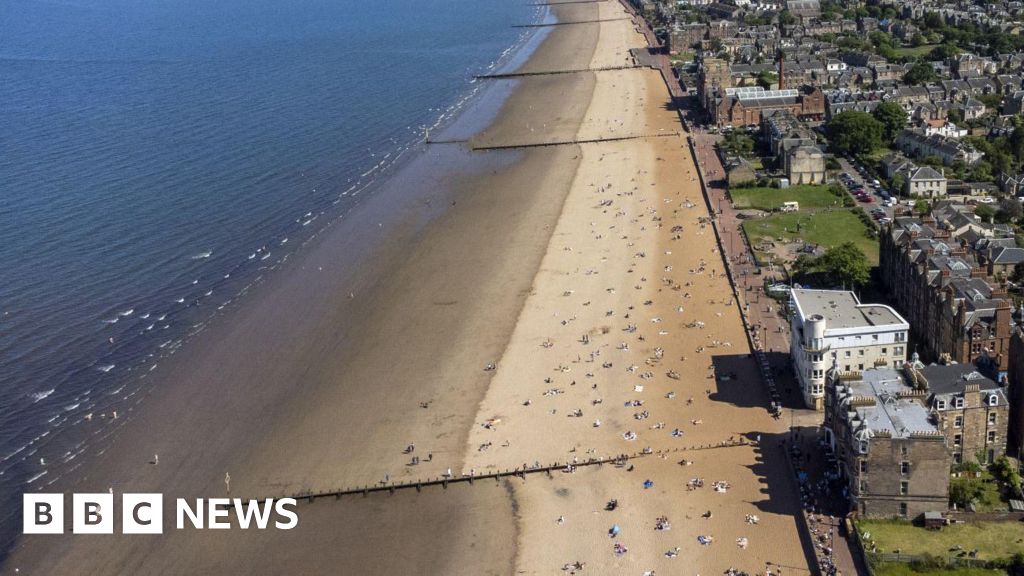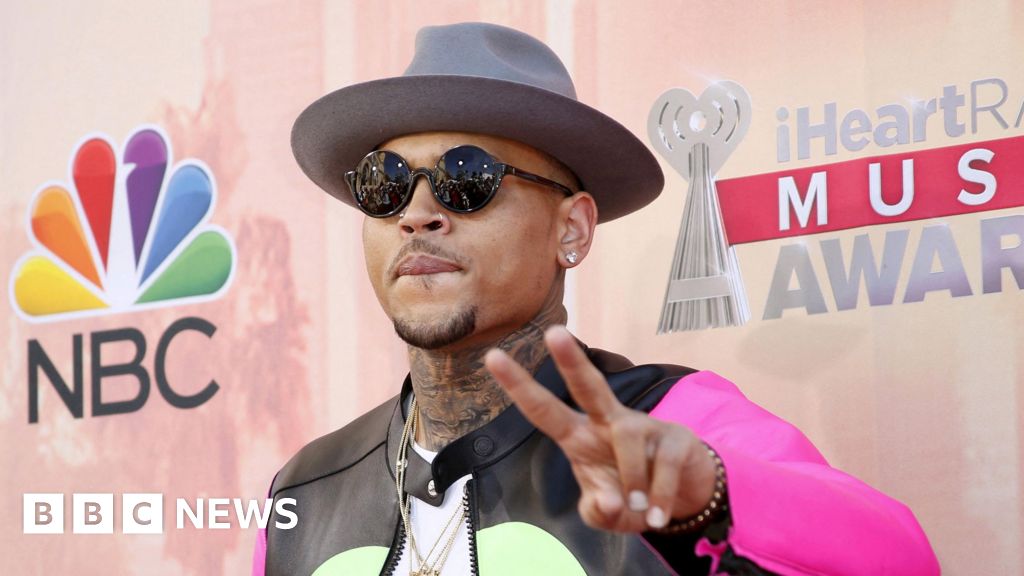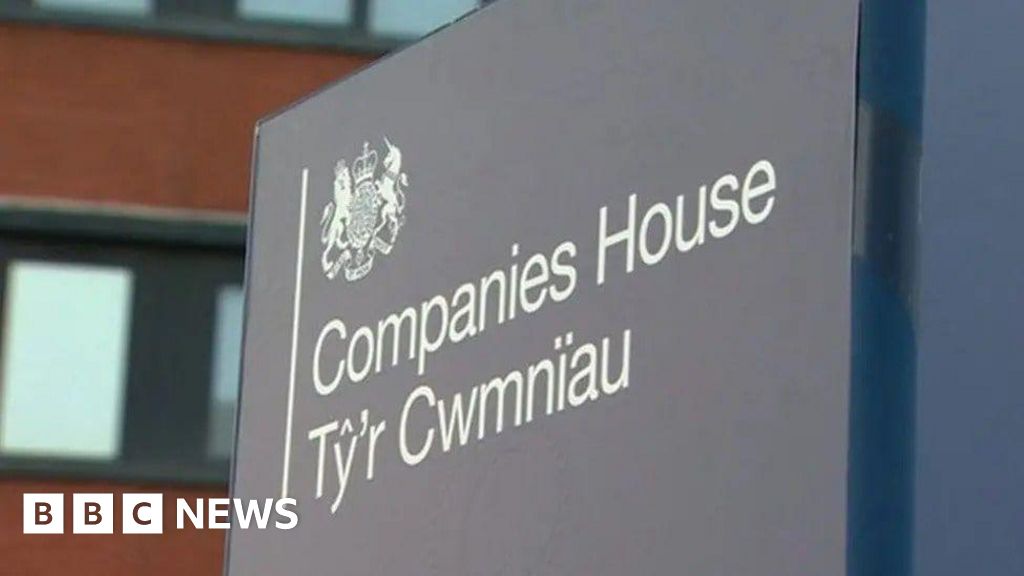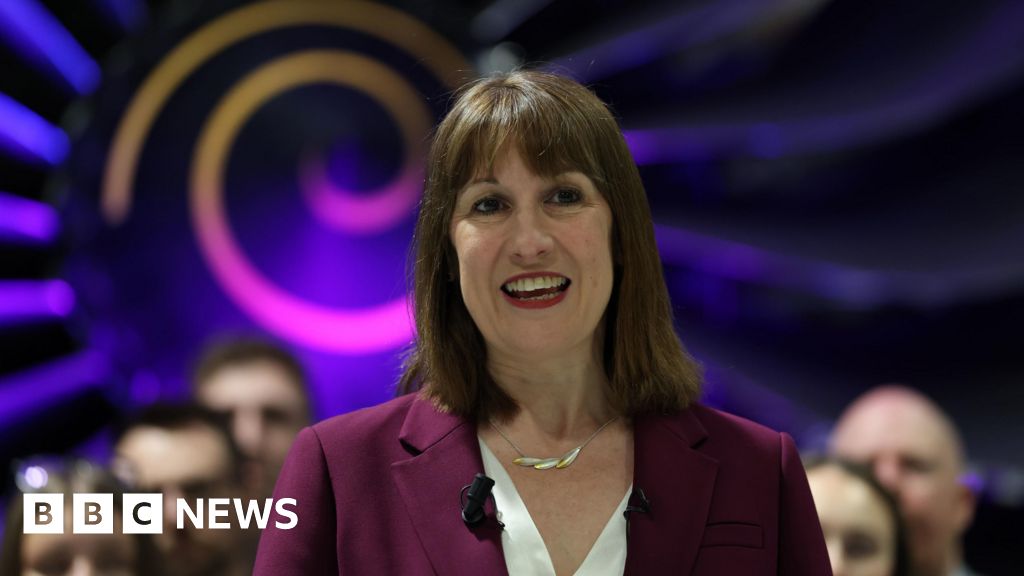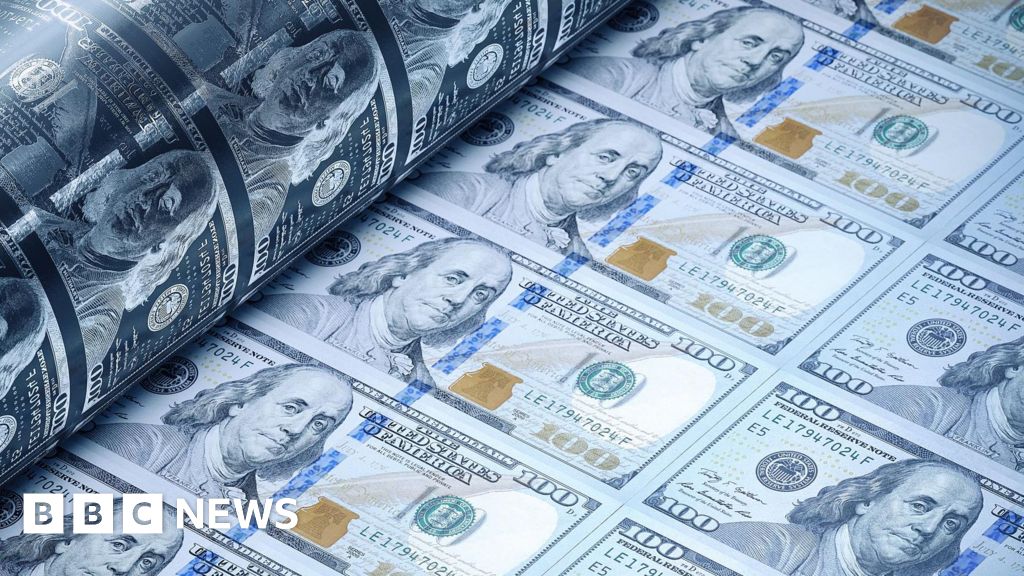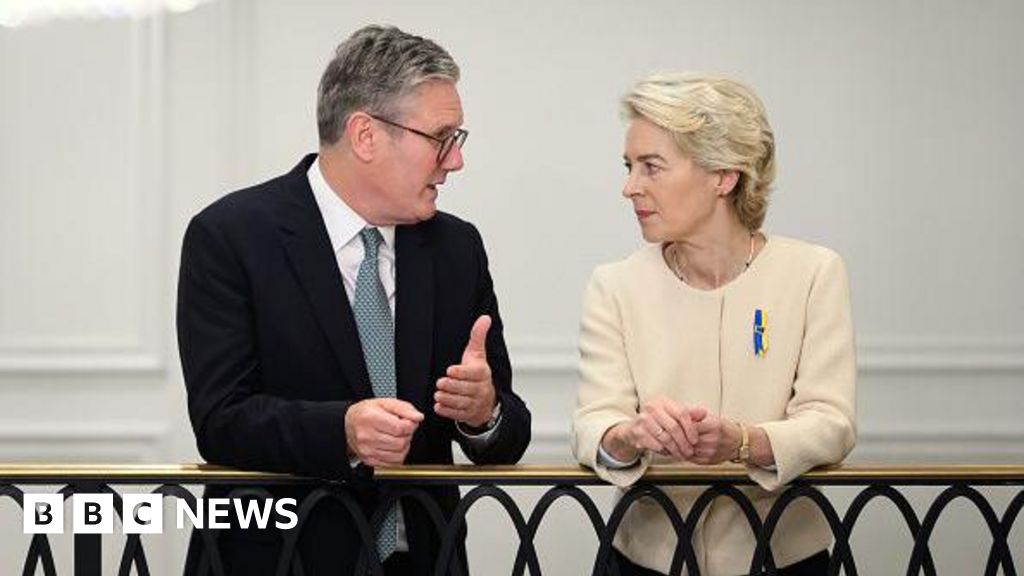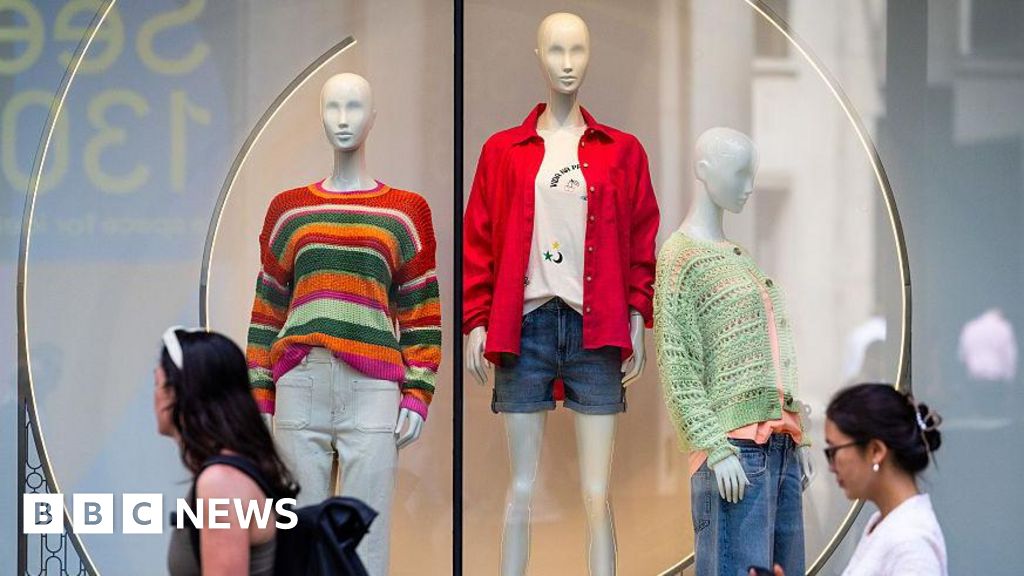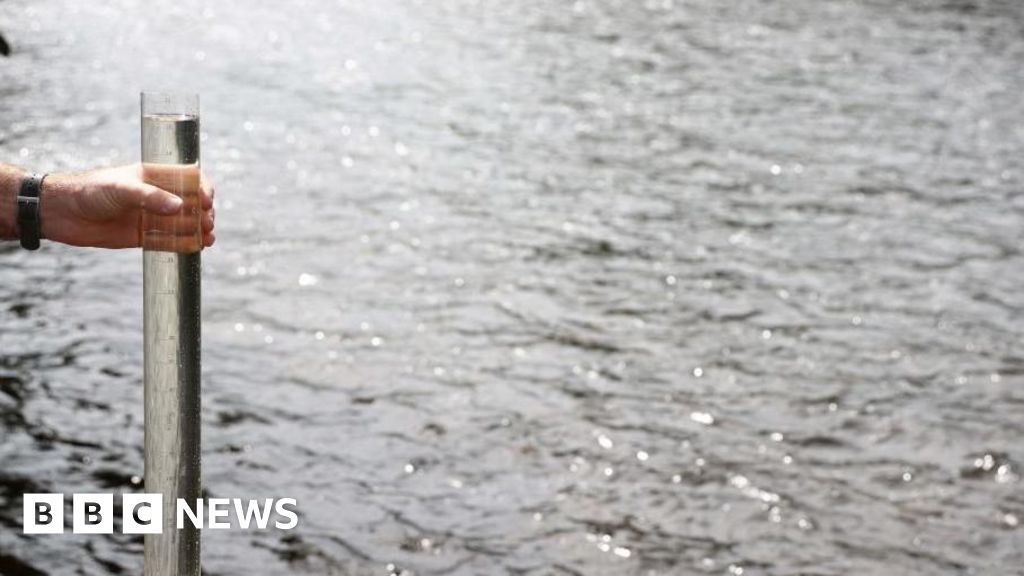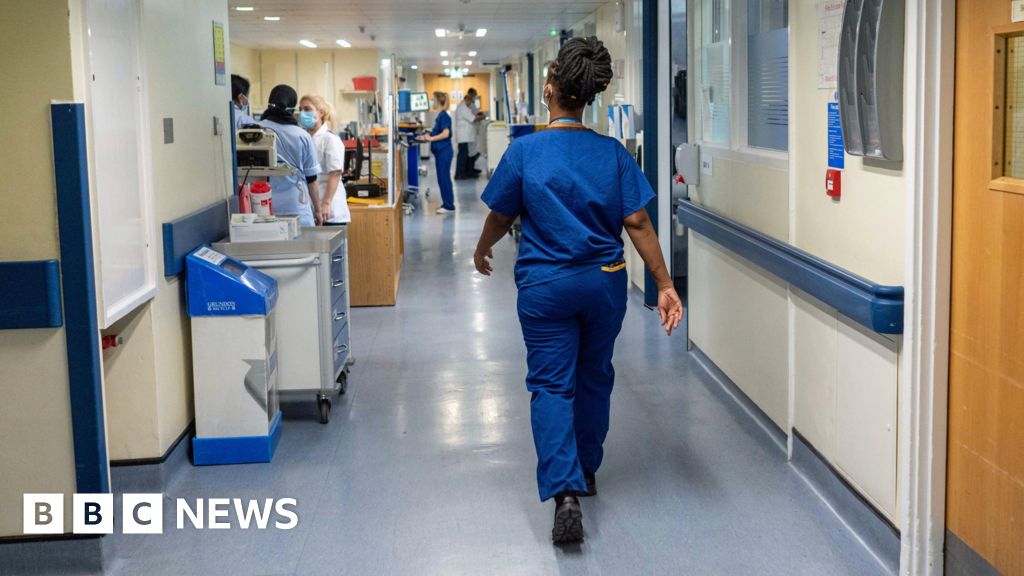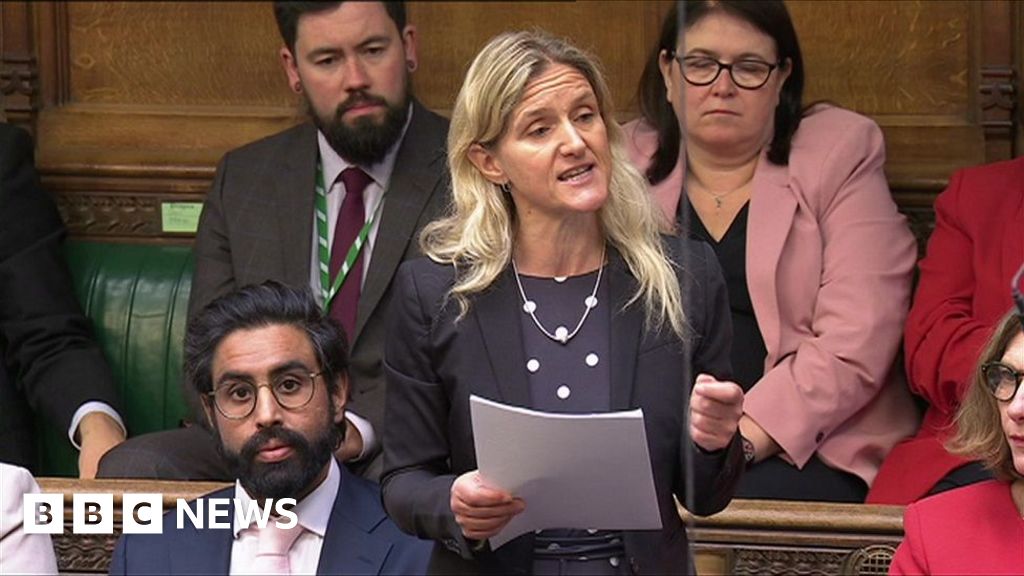Government departments have recommended a pay rise of 2.8% for millions of public sector workers including teachers, NHS staff and senior civil servants next year.
Unions responded by saying the proposed pay increase was too low, with one threatening strike action.
The British Medical Association (BMA) said there was a “very real risk” of further industrial action if “pay erosion” was not addressed, while Unison’s Helga Pile said the proposal was a “bitter pill”.
The recommendations will now be considered by public sector pay review bodies.
Justice Secretary Shabana Mahmood emphasised the government’s move was just “the start of that process”.
She added that unions should recognise the “extremely difficult” financial backdrop Labour had inherited from the Conservatives.
Inflation – which measures price changes over time – is predicted to average 2.6% next year.
The government said departments would have to fund 2025-26 and future pay increases from their own budgets.
Unlike in recent years, there would be no additional money if recommended pay awards exceed what departments can afford, it added.
Officials would have to consider whether additional costs could be covered through other savings or improvements in productivity, the government said.
After winning power, the new Labour government accepted a series of above-inflation pay rises for public sector workers for 2024-25, bringing an end to long-running strikes.
The BMA said the recommended pay rise for 2025/26 “indicates a poor grasp of the unresolved issues from two years of industrial action”.
Royal College of Nursing general secretary and chief executive Prof Nicola Ranger described the pay recommendation as “deeply offensive”.
“The government has today told nursing staff they are worth as little as £2 extra a day, less than the price of a coffee,” she said.
“Fair pay must be matched by structural reform. Let’s open direct talks now and avoid further escalation to disputes and ballots.”
Helga Pile told the BBC’s Today programme that the proposals could lead to staff leaving the NHS and will hit morale ahead of an “incredibly tough winter”.
The Department for Education said the 2.8% pay rise would “maintain the competitiveness of teachers’ pay despite the challenging financial backdrop the government is facing”.
However, the National Education Union said it fell “well short of the urgent action needed”.
General Secretary Daniel Kebede said: “Teacher pay has been cut by over a fifth in real terms since 2010, hitting teacher living standards and damaging the competitive position of teaching against other graduate professions.”
Eight pay review bodies recommend annual pay awards for around 45% of people working in the public sector, although ministers make the final decision and are free to ignore their recommendations.
They take evidence from a range of sources, but unions have argued the bodies’ hands are significantly tied by government-set constraints, including the overall level of funding available to departments.

